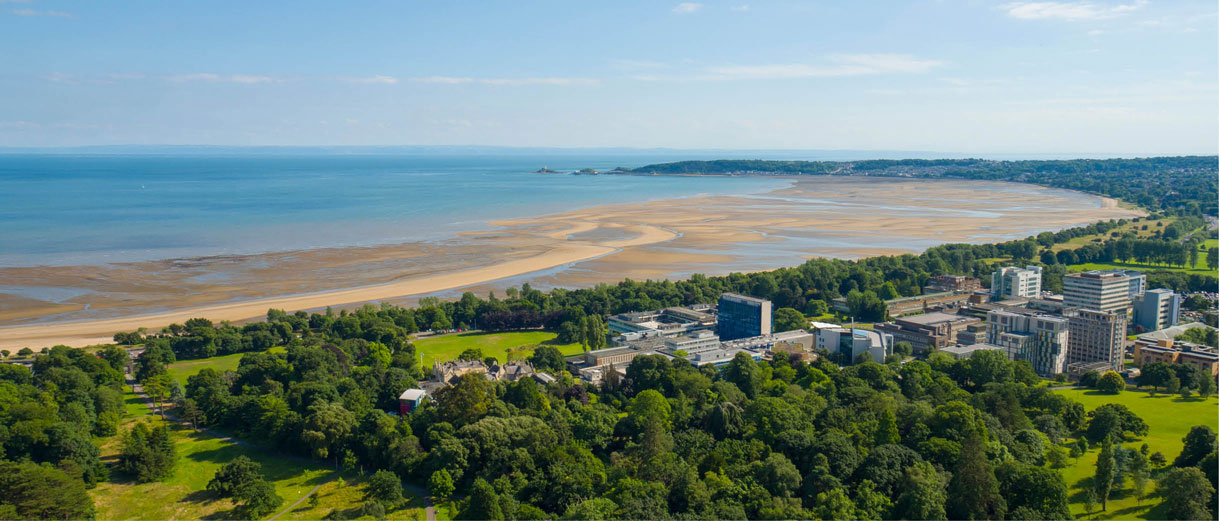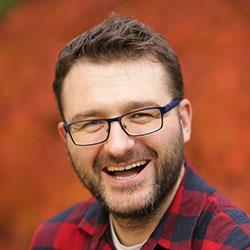Trosolwg
Cyrhaeddais Abertawe yn 2014 o Ganada, lle'r oedd fy hyfforddiant yn cynnwys nifer o arbenigeddau hollol wahanol. Fy meysydd diddordeb ac ymchwil yw, yn gyntaf, hanes Rwsia, yna, rhyfel a chymdeithas, ac yn olaf hanes Ewrop. Mae hyn yn fy ngwneud yn hanesydd diwylliannol sydd â diddordeb arbennig mewn rhyfel fel arfer diwylliannol, sy'n ymchwilio i Rwsia yng nghyd-destun Ehangach Ewrop. Cyhoeddais fy llyfr cyntaf, "Rhyfel ac Enoleuo yn Rwsia: Diwylliant Milwrol yn Oes Catherine II", yn 2020 gyda'r Wasg Prifysgol Torto. Enillodd y llyfr wobr Ffederasiwn Canada ar gyfer y Dyniaethau a'r Gwyddorau Cymdeithasol a derbyniodd y sylw anrhydeddus yn y dyfarniad gwobr llyfr gan Gymdeithas Slavists Canada.
Rwyf nawr yn gweithio ar ddau brosiect hyd monograff newydd ond gwahanol, sy’n mynd â mi i feysydd ymchwil newydd, o ran cyfnod a phwnc. Mae un prosiect yn perthyn i faes hanes gwybodaeth, gan archwilio twf y “wladwriaeth wybodaeth” yn Rwsia, a’r ail brosiect yn archwilio milwreiddio diwylliant, gwleidyddiaeth a chymdeithas Rwsia o dan yr Arlywydd Vladimir Putin hyd at gyfeddiannu’r Crimea.
Rwy’n Gymrawd yr Academi Addysg Uwch, ac yn 2016, fe’m dewiswyd ar gyfer y rhaglen hyfforddiant arweinyddiaeth weithredol “Herio Amgylcheddau Dynol ac Effaith Ymchwil ar gyfer Economi Ddigidol Gynaliadwy ac Iach” (CHERISH-DE), sydd bob blwyddyn yn dwyn ynghyd ymchwilwyr gyrfa gynnar o wahanol ddisgyblaethau yn y Deyrnas Unedig.
Ar hyn o bryd, rwy’n Swyddog Derbyn ar gyfer rhaglen Rhyfel a Chymdeithas ac yn gynullydd y radd MA Rhyfel a Chymdeithas. Rwyf hefyd yn Swyddog Uniondeb Academaidd yr Adran Astudiaethau Gwleidyddol a Diwylliannol.


